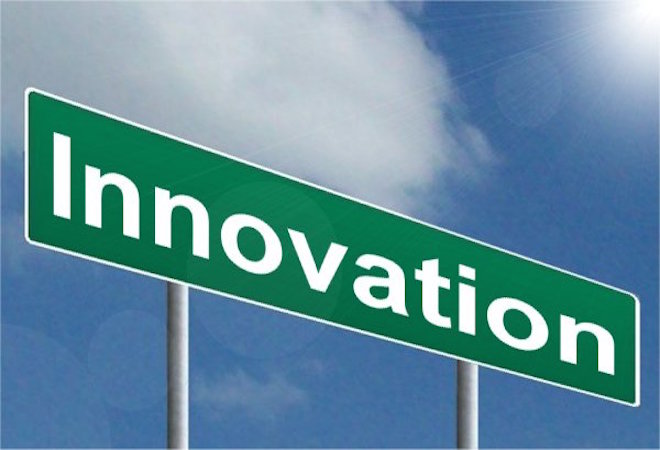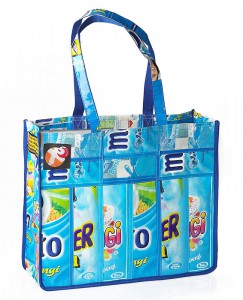
You don’t often leave a day’s conference with a Trashion bag made from recycled packaging. This was part of ‘turning waste into style’, one of Unilever’s initiatives harnessing local Indonesian creativity and creating 25 fashion lines from waste packaging.

Unilever’s Keith Weed pledged at The Marketing Society’s Annual Conference to halve emissions from his 4,000 products (as diverse as Marmite and Dove soap) by 2020. Who can blame him for injecting some creativity into embedding sustainability – it is now core to Unilever’s business. The scale of the challenge is clear with 68% of emissions coming from product use.
Imagining tomorrow’s products is one of their approaches (think Comfort’s One Rinse detergent which needs less water to wash clothes) alongside working with the right ‘expert’ NGO partners to help them on their journey.
As the global population booms and we see a shift of power from G7 to E7 countries, Keith said it is important for companies to be transparent (as people are increasingly interested in companies) and to be honest with what is achievable (if the whole planet lived like we do in the West we would need an extra three planets to support us).
The International Airlines Group CEO, Willie Walsh claimed reducing emissions could be achieved through the use of biomass plants to create aviation fuel and by rationalising air traffic control into one system, allegedly saving 12% of CO. Perhaps more leadership in driving such innovation through to a workable proposal is needed from Willie himself?
Emerging economies such as Indian, China and Brazil are also key to addressing global sustainability. Dr Tim Lucas from Sao Paolo’s The Listening Agency talked about Brazil’s uniqueness – on track to be the fifth largest economy. Brands are respected and a fierce class hierarchy exists which has driven many companies to have sub brands to co-exist in completely different parts of town. Perhaps a shared approach to product sustainability and recycling could unify company approaches- something few brands have attempted.
Ajayan Gopinathan from The Philosophers Stone discussed Indian’s motivations and desires. The world’s third largest economy is clearly enjoying a boom. 32% of the population are under 15 years of age and kid’s parent pester power is king when it comes to certain brands. Young people think they can do anything, an energy brands could harness for the good of the people and the planet.
Brands new to this market need to touch people with narrative stories that fuse cultures in sensitive and real ways. Indians are people oriented and very proud of their country. Over 865 million have mobile phones and there are 400 TV channels – many of them local.
We’ve learnt from our work in emerging markets like China and Brazil that people care deeply about sustainability. Companies who tailor their approach supported with on the ground projects making a real difference, stand to be part of the country’s fabric for the next decade.
